Category:Education

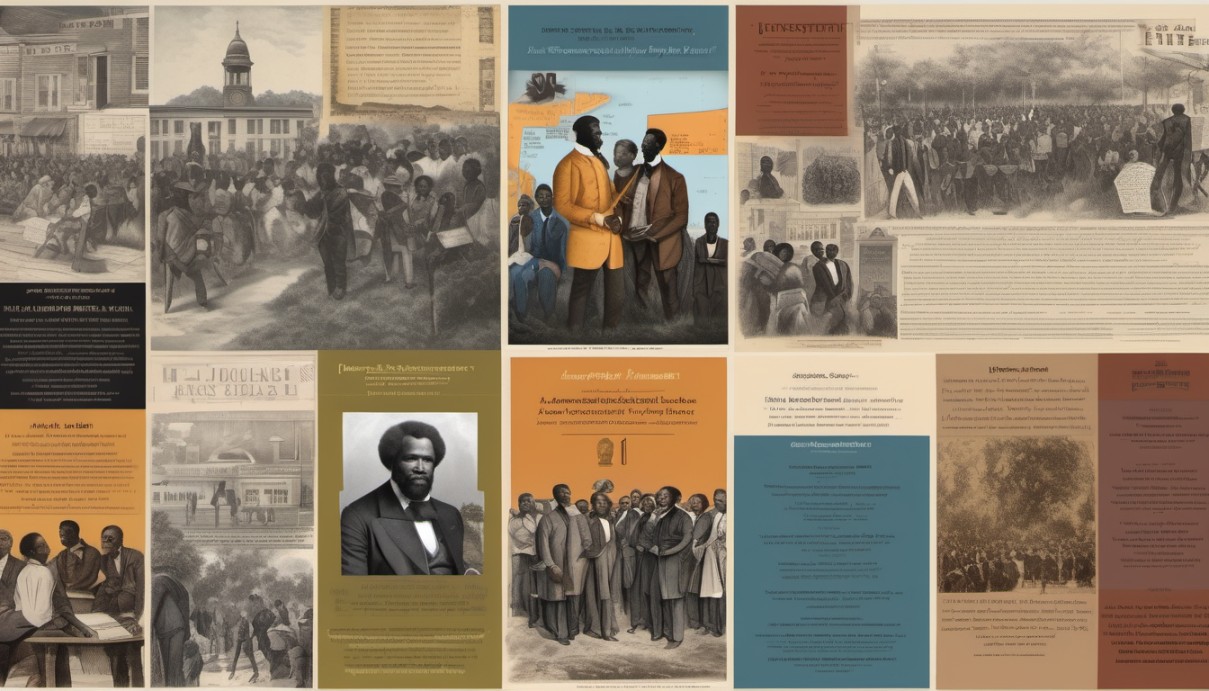
Juneteenth: 3 Lessons in Activism
June 19, 2024 | Post
Today we celebrate Juneteenth, honoring the official end of slavery in the U.S. and the ongoing fight for liberty and
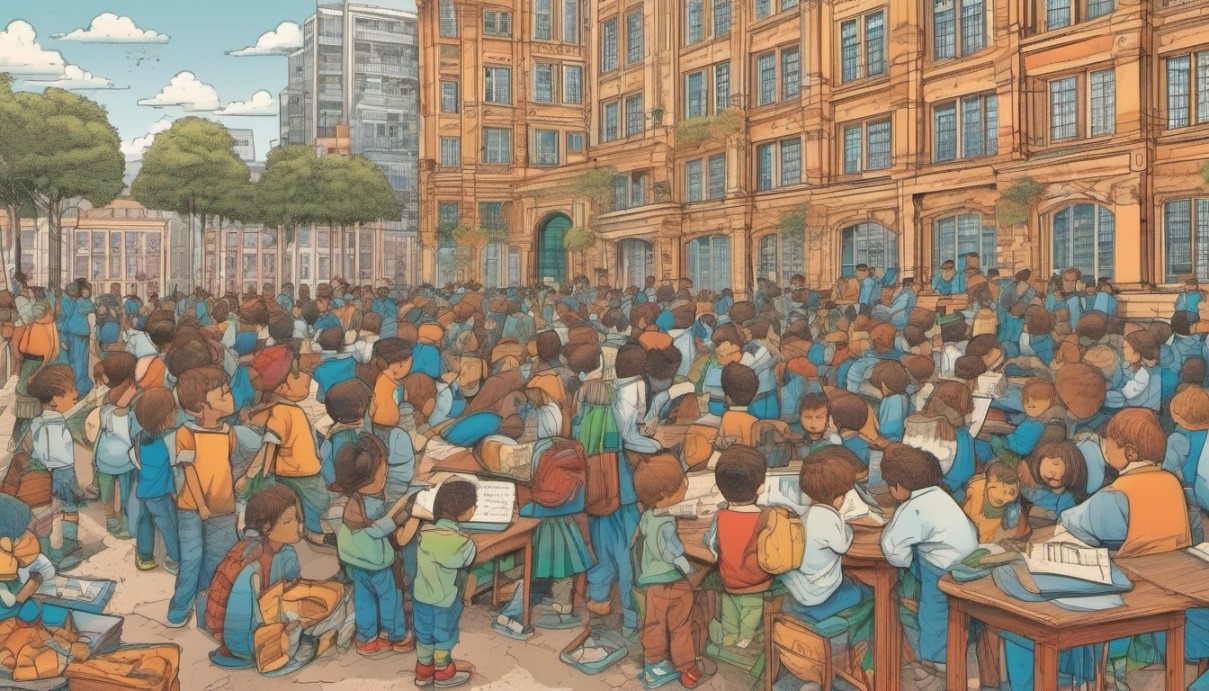
High Time to Rethink High Schooling
June 5, 2024 | Post
Milton Friedman’s vision of school vouchers revolutionized education by fostering choice and competition.

Searching for the Heart of LibertyCon Europe: A Recap
May 9, 2024 | Post
From rooftop receptions to thought-provoking sessions at unique venues like a former Coca-Cola factory, every moment was inspiring at LibertyCon Europe 2024
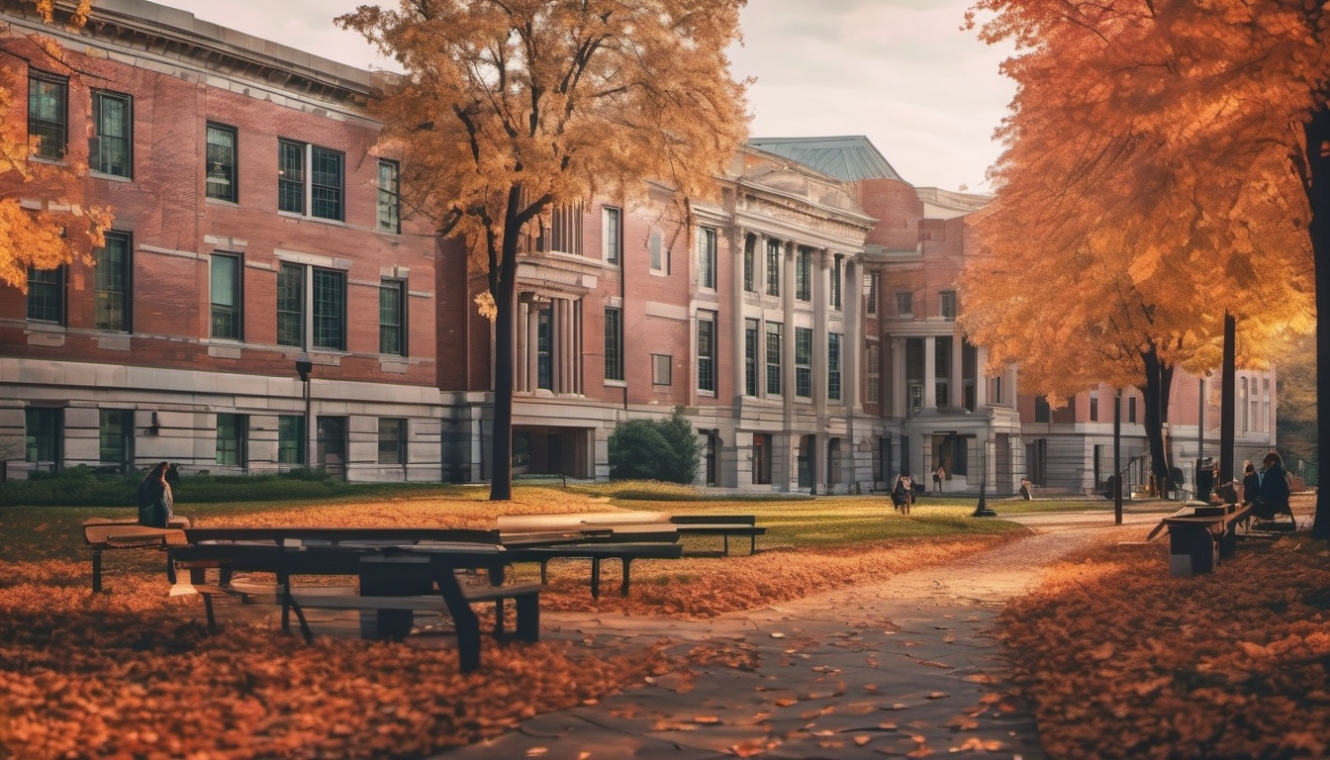
My Experience with Campus Climate at a Liberal Arts College
April 12, 2024 | Post
I was a Bernie Sanders-style progressive when I arrived at my small liberal arts college. I quickly rose through the ranks of various leftist student groups. Then, one key event turned me around.

Why is college so expensive?
January 19, 2024 | Post
To find out why college is so expensive and why student debt has reached crisis point, we need to dig deep into a maze of factors that ultimately leave the government with a lot to answer for.

Meet the fearless middle schooler who dared to wear the Gadsden flag in class
December 13, 2023 | Post
In late August 2023, middle schooler, Jaiden Rodriguez, was removed from class over a Gadsden flag patch on his backpack.
This was in defiance of the First Amendment’s protection of free speech, which has long been deemed fully applicable to publicly funded schools by the U.S. Supreme Court.
But First Amendment rights did not mean this was the end of the story.

Why we need to deemphasize schooling in America
November 2, 2023 | Post
“The State shall make no law with respect to the establishment of education.” – Austrian philosopher Ivan Illich

What explains the rise of antisemitism in American colleges?
October 26, 2023 | Post
In the past week, we have witnessed a wave of antisemitism and support for terrorism spreading in American universities. But why is this the case?

Think school choice mainly benefits rich families? Think again
October 13, 2023 | Post
In the debate about school choice, one argument pops up again and again from those who oppose it: that school choice primarily benefits more affluent families, leaving working-class and lower-income families behind. But this argument neglects the advantages that school choice offers to those who need it most. Here are seven ways school choice benefits poorer students…

Learn Liberty Features: David Friedman
October 3, 2023 | Video
David Friedman, now 50 years on from publishing The Machinery of Freedom: A Guide to a Radical Capitalism, remains an innovative anarcho-capitalist and leading figure of the broader liberty movement. Learn Liberty spoke with him for a wide-ranging interview about everything from his love of poetry to his biggest influences (other than his father, Milton), […]
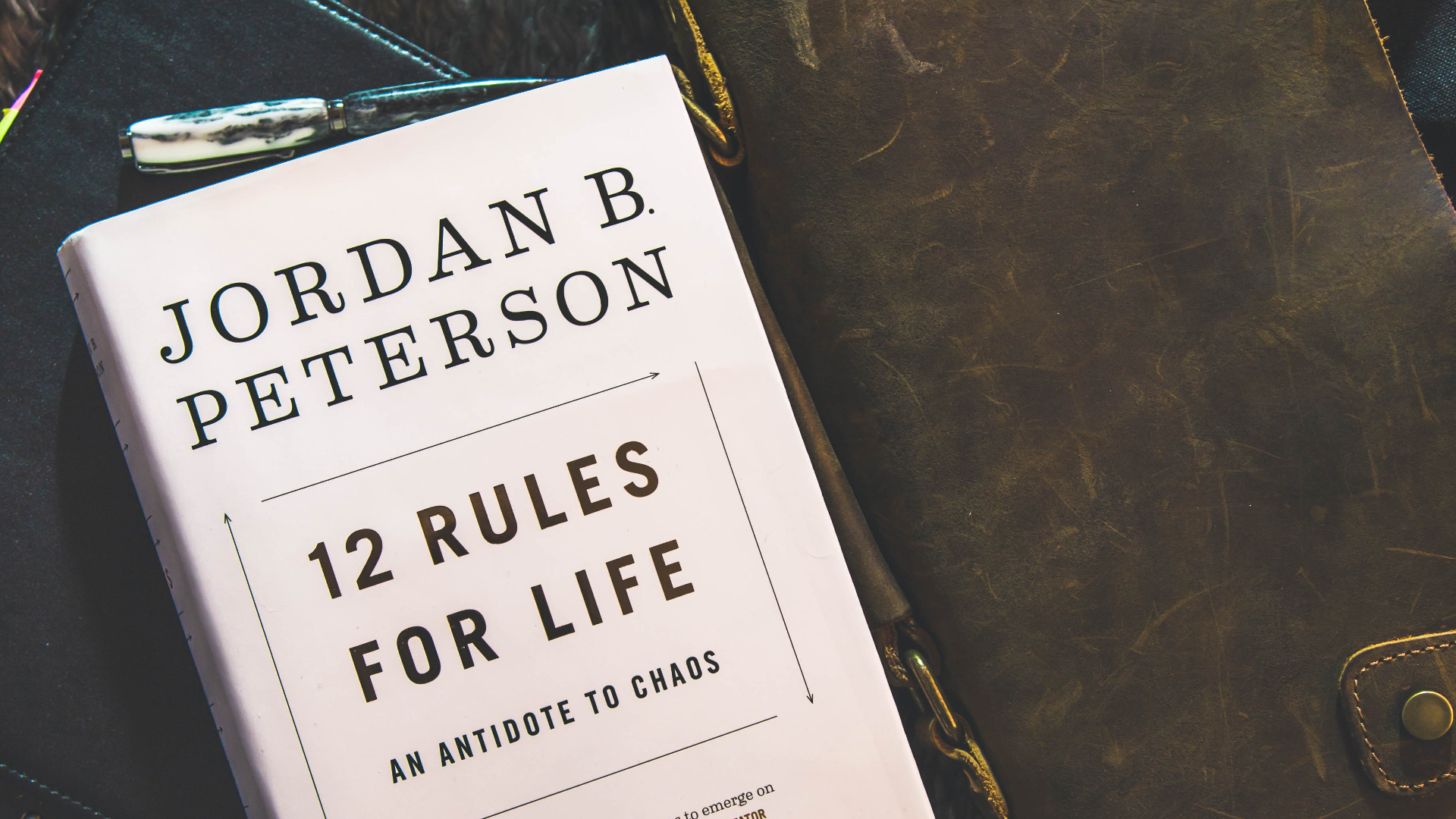
What Jordan Peterson’s failed court appeal says about freedom of expression in Canada
August 31, 2023 | Post
In a recent legal development that has ignited debates about the intersection of freedom of expression and professional obligations, former University of Toronto professor Jordan Peterson’s court appeal has been denied. What does this development tell us about freedom of expression in Canada?

Fixing education will take more than school choice
May 22, 2023 | Post
The topic of school choice policies continues to be a subject of ongoing debate, with varying perspectives on how best to approach the issue. Aside from the opposition of groups invested in the status quo, pro-school choice reformers disagree about how to design choice policies and the role of the federal government. Any policy that […]

Debunking 8 Myths about USSR
May 10, 2023 | Video
Somehow, the USSR still has its supporters — and they likely believe one or more myths about Soviet Russia. In this video, we debunk 8 myths that linger about the Soviet Union, even now, more than 30 years after the fall of the Berlin Wall. Also cited are these videos: NIMBYism vs. Gentrification: The Truth […]
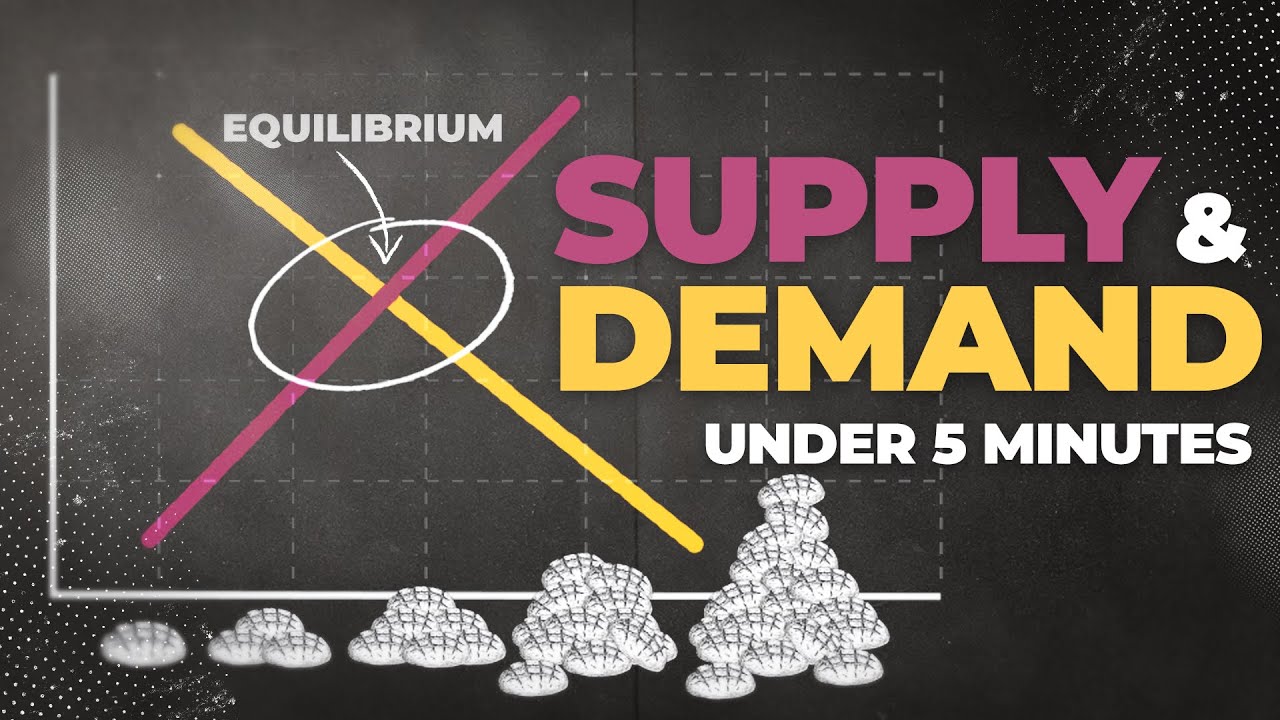
Supply and Demand Explained in 5 Minutes
February 8, 2023 | Video
The law of supply and demand is often misunderstood and misconstrued, and it has downstream effects for our understanding of economics. In this video, Learn Liberty Basics establishes supply and demand as ever-changing RELATIONSHIPS, not constants. We also lay out some of the early history of our idea of supply and demand. CHAPTERS 0:00 […]
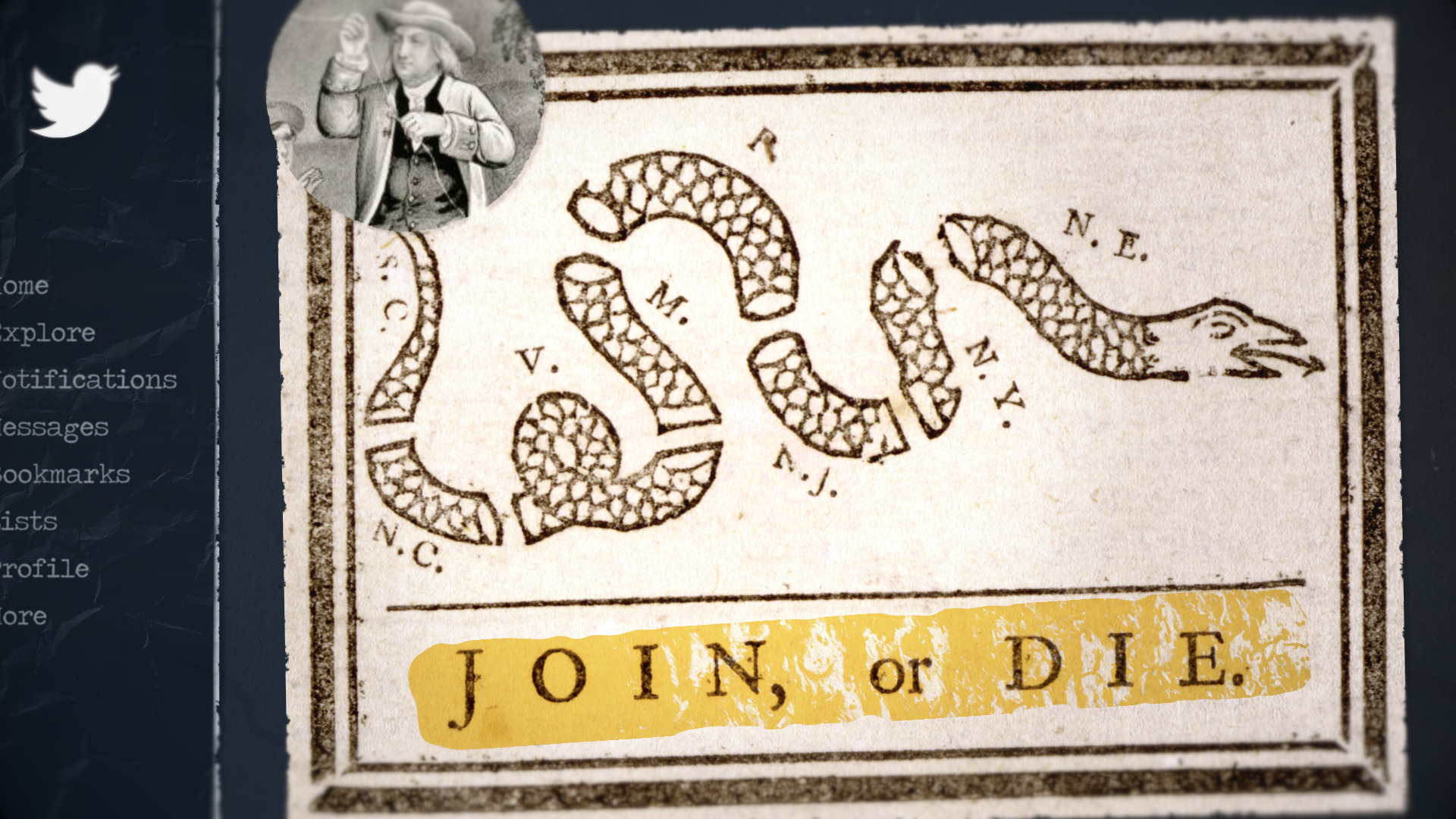
How the First American Meme Became an Embattled Symbol of Liberty
August 23, 2022 | Video
Ever since Benjamin Franklin used the rattlesnake to represent the 13 Colonies, its meaning has been debated, most notably as part of the Gadsden Flag, which includes those four iconic words: Don’t Tread on Me. But what was its original intent? Who used it first, and what were they seeking to portray? We tried to […]

Why is the US Declaration of Independence so Unique?
July 12, 2022 | Video
As Nicolas Cage famously demonstrated, the Declaration of Independence has long been shrouded in mystery. On the steps of the National Archives, home of the Declaration, Constitution, and Bill of Rights, we spoke with Trevor Burrus of the Cato Institute. He touched on the history of the Declaration of Independence, including the REAL date John […]

A public school teacher’s plea for libertarian solutions
May 6, 2022 | Post
I am one of the few public school teachers who wishes to see the government out of our classrooms. We need libertarian solutions in education.

Florida’s “Don’t Say Gay” law is about state censorship, not parental rights
March 31, 2022 | Post
Proponents of Florida’s “Don’t Say Gay” bill claim it’s about protecting students and families, yet it’s merely a pretext for limiting freedom.

Legends of Liberty: Ed O’Bannon
December 9, 2021 | Post
Ask any Millennial who liked sports growing up: EA Sports video games were a big part of our fandom. On PlayStation 2s, for hours on end, we could manage our own virtual teams, simulating seasons deep into the 2030s and beyond. Even now, hearing the games’ soundtracks and seeing the games’ covers is a hit […]
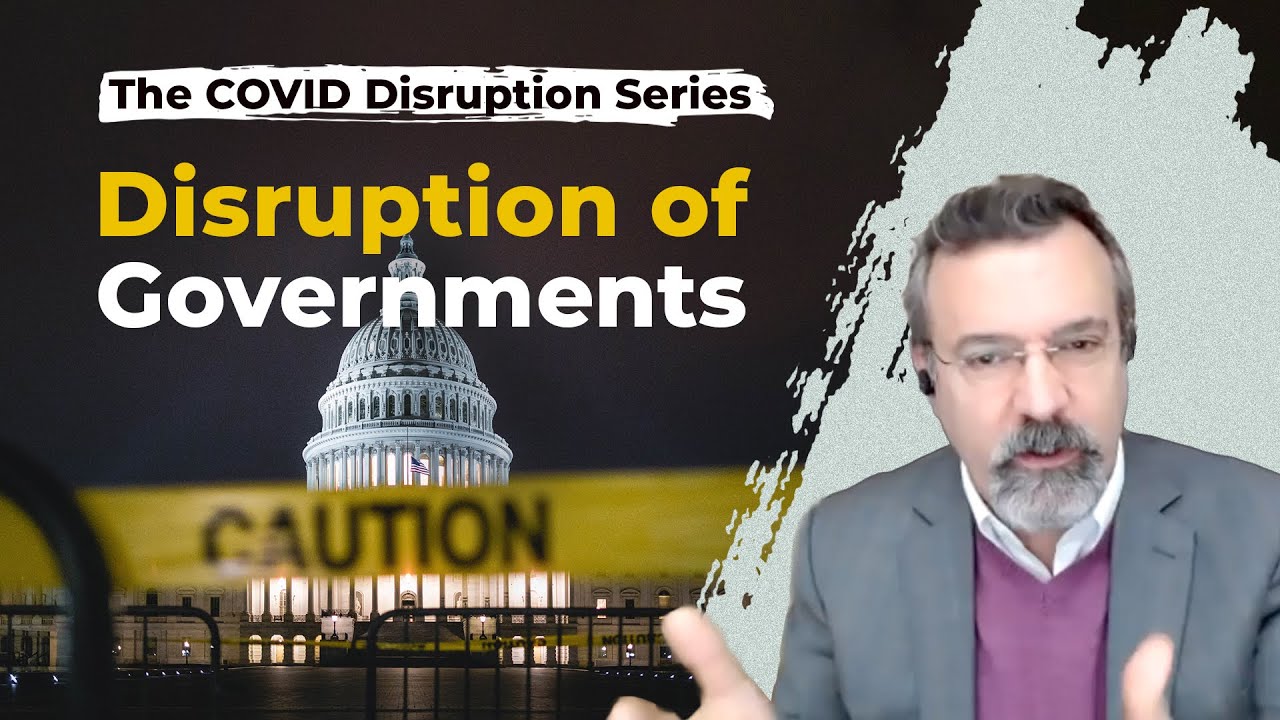
Prof. Antony Davies: The Right Size of Government
October 7, 2021 | Video
$15 trillion dollars. That’s $15,000,000,000,000. It’s an unfathomable amount of money. As Professor of Economics Antony Davies says in our final installment of the COVID DISRUPTION SERIES, it’s enough money to buy everything in Spain.
And yet that’s how much the Congressional Budgeting Office estimates Covid-19 measures will cost the U.S. government over the next five years. In light of such an abuse of power from the federal government, it’s worth revisiting one of Covid’s enduring lessons: that small, local governments are quicker, more precise, and more efficient than large, national ones.

What do Stalin and Palpatine have in common?
August 19, 2021 | Video
Fantasy novels and films often depict the heroes fighting for freedom against an oppressive regime. This happens in Star Wars, Harry Potter, The Hunger Games, and many other universes. But what do they all have in common? The younger generation might not understand how oppression and lack of freedom happened in the real world but might relate to fiction, to grasp what it means to live in societies like Germans under the Nazis or Soviets under Stalin.
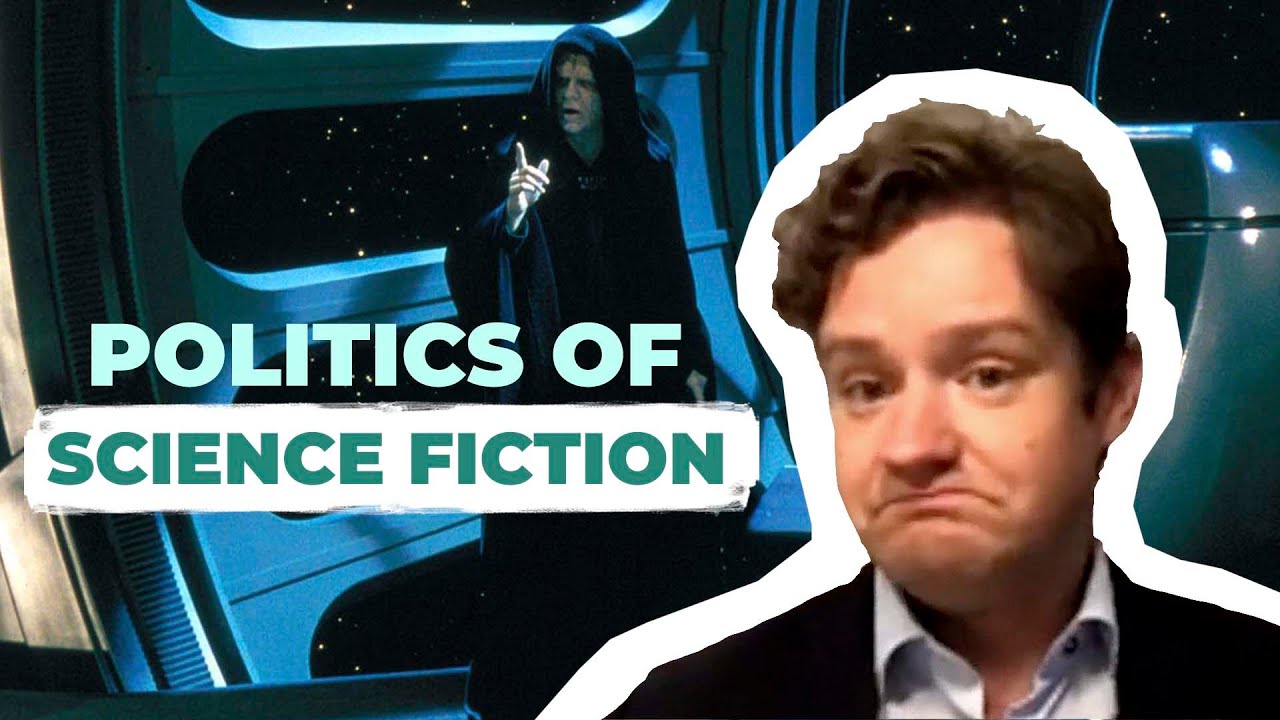
What Luke Skywalker can teach us about politics
August 5, 2021 | Video
Have you ever questioned what science fiction films and books can teach us about politics? We asked Csaba Tóth, a prominent political scientist and sociologist, at an event hosted by Students For Liberty.
The discussion focused on the fictional universes of Star Wars, Star Trek, and Game of Thrones, among others. Csaba shared his thoughts on the different political structures, as well as their merits from a pro-liberty point of view.

Disruption of Universities – The COVID Disruption Series
April 28, 2021 | Video
What is the point of going to college in a pandemic? Students went home, classes are now online, and there seems to be no return to campus life happening in the near future.
In this video, we asked Bryan Caplan, the author of the Case Against Education, and Professor of Economics at George Mason University: “Will there be anything left from higher education after Covid-19?”
We started from the history of higher education in the US through to present day, and we’ve explored options for the future of higher education. (Spoiler: there are many of them.)

A Brief History of Title IX
December 7, 2017 | Video
“Title IX” was never intended to regulate romantic relationships on campus. So how did we get here? Robert Shibley, Executive Director of the Foundation for Individual Rights in Education, explains.

